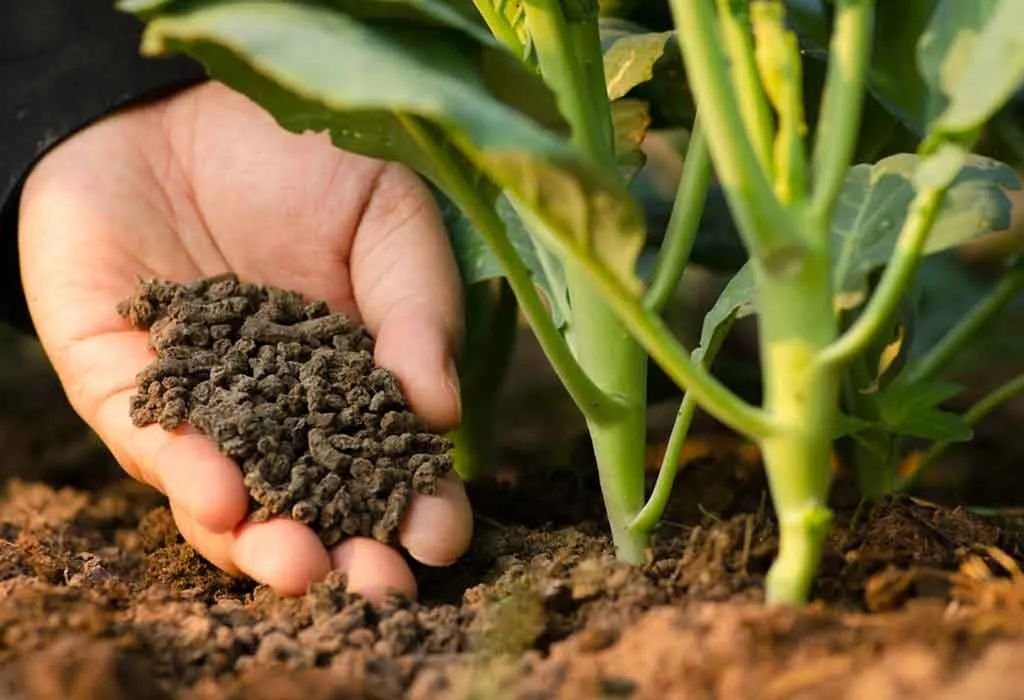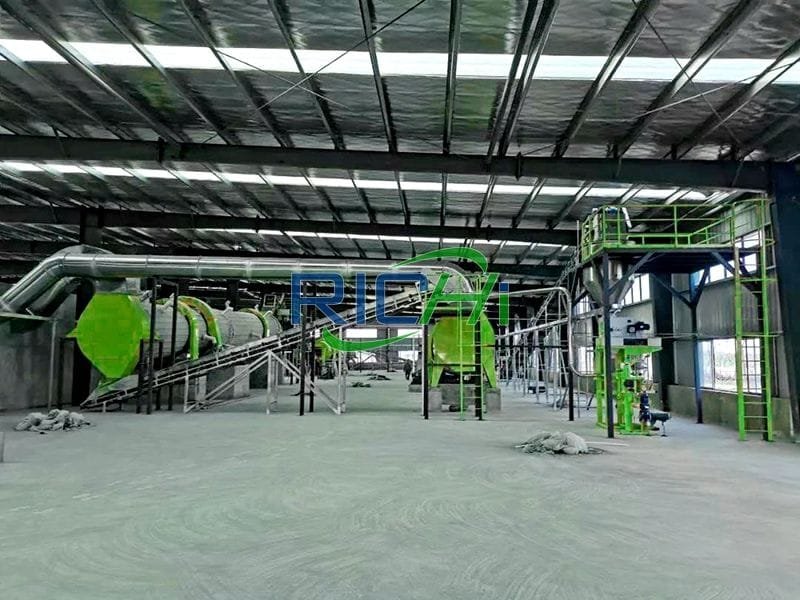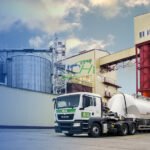The incorporation of biomass materials in the production of organic fertilizer pellets has gained substantial popularity in recent years, thanks to its numerous advantages. This article delves into the key benefits of using biomass in organic fertilizer pellet production, emphasizing its rising prominence in sustainable agriculture.
Sustainable Resource Utilization
One of the primary benefits of utilizing biomass in organic fertilizer pellets is the sustainable use of resources:
- Waste Reduction: Biomass typically originates from agricultural, forestry, or industrial waste, transforming what would otherwise be discarded materials into valuable components for fertilizers.
- Circular Economy: This practice promotes a circular economy model where waste from one process serves as a resource for another.
- Lower Environmental Impact: By leveraging waste materials, the reliance on virgin resources diminishes, reducing the overall environmental footprint of fertilizer production. (Related post: fertilizer pelletizer machine)
Enhanced Soil Health
Biomass-based organic fertilizer pellets offer substantial benefits to soil health:
- Organic Matter Addition: These pellets boost the organic matter content in soil, enhancing its structure, water retention capacity, and overall fertility.
- Promotion of Microbial Activity: The organic components in biomass encourage beneficial microbial activity in the soil, improving nutrient cycling and plant health.
- Slow-Release Nutrients: Biomass materials typically release nutrients gradually, providing a continuous supply to plants over an extended duration.

Improved Nutrient Balance
Biomass materials can enhance the nutrient profile in organic fertilizer pellets:
- Diverse Nutrient Sources: Various biomass materials contribute different macro and micronutrients, resulting in a more comprehensive fertilizer.
- Customizable Blends: Manufacturers can mix different biomass sources to achieve specific nutrient ratios tailored to various crops or soil types.
- Micronutrient Enrichment: Many biomass materials are rich in micronutrients often lacking in synthetic fertilizers.
Cost-Effective Production
Using biomass can lead to significant cost savings in fertilizer production:
- Low-Cost Raw Materials: Many biomass materials are readily available at low cost or even free as waste products.
- Reduced Processing Costs: Certain biomass materials require minimal preprocessing before being incorporated into fertilizer pellets.
- Local Sourcing: Utilizing locally available biomass can considerably lower transportation costs.
Enhanced Pellet Quality
Biomass can improve the physical characteristics of organic fertilizer pellets:
- Better Binding: Many biomass materials possess natural binders that enhance pellet durability and reduce the need for synthetic binding agents.
- Improved Moisture Retention: Certain types of biomass can increase the water-holding capacity of pellets, which is beneficial for both storage and soil application.
- Dust Reduction: Well-formed biomass-based pellets typically generate less dust during handling and application. (Related post:fertilizer production line )
Increased Market Appeal
Organic fertilizer pellets derived from biomass often attract a larger market audience:
- Eco-Friendly Image: Products utilizing recycled biomass materials appeal to environmentally conscious consumers and farmers.
- Organic Certification: Many biomass-based fertilizers are eligible for organic certification, allowing access to premium market segments.
- Local Production Narrative: Sourcing from local biomass can create a compelling marketing narrative for regionally produced fertilizers.
Versatility for Various Crops
Biomass-based organic fertilizer pellets offer adaptability for different crop applications:
- Wide Crop Suitability: These pellets can be formulated to cater to a broad spectrum of crops, including grains, fruits, and vegetables.
- Soil Type Adaptability: By adjusting the biomass blend, pellets can be optimized for various soil types and conditions.
- Long-Term Soil Improvement: Regular application of these pellets can lead to cumulative enhancements in soil quality over time.
Environmental Benefits
The environmental advantages of utilizing biomass in fertilizer pellets are noteworthy:
- Reduced Carbon Footprint: By utilizing waste materials and potentially replacing synthetic fertilizers, the overall carbon footprint of agriculture can be diminished.
- Biodegradability: Biomass-based pellets are fully biodegradable, leaving no harmful residues in the soil.
- Water Quality Protection: The slow-release nature of these pellets can minimize nutrient runoff, safeguarding water bodies from eutrophication.
Energy Efficiency in Production
The production of biomass-based organic fertilizer pellets can be energy-efficient:
- Lower Processing Energy: Compared to synthetic fertilizer production, biomass-based pellets generally require less energy for manufacturing.
- Potential for Renewable Energy Use: The production process can potentially harness renewable energy sources, further enhancing sustainability.
Conclusion
The advantages of incorporating biomass materials in organic fertilizer pellet production are multifaceted, encompassing environmental, economic, and agronomic benefits. From sustainable resource utilization and improved soil health to cost-effective production and enhanced product quality, biomass-based organic fertilizer pellets provide a compelling solution to modern agricultural challenges.
As the global focus increasingly shifts toward sustainable and circular economy practices, the use of biomass in organic fertilizer production represents a significant step toward environmentally friendly and efficient agricultural systems. By converting waste into valuable soil amendments, this approach not only addresses waste management issues but also contributes to improved crop yields and long-term soil health.
The versatility, cost-effectiveness, and environmental benefits of biomass-based organic fertilizer pellets make them an attractive choice for farmers, gardeners, and agricultural businesses alike. As research and technology in this field continue to advance, we can anticipate even more innovative applications and advantages of biomass in organic fertilizer production, further solidifying its role in sustainable agriculture.
For details please contact: pellet production line
WhatsApp:86 138 3838 9622
Email:enquiry@richipelletmachine.com


